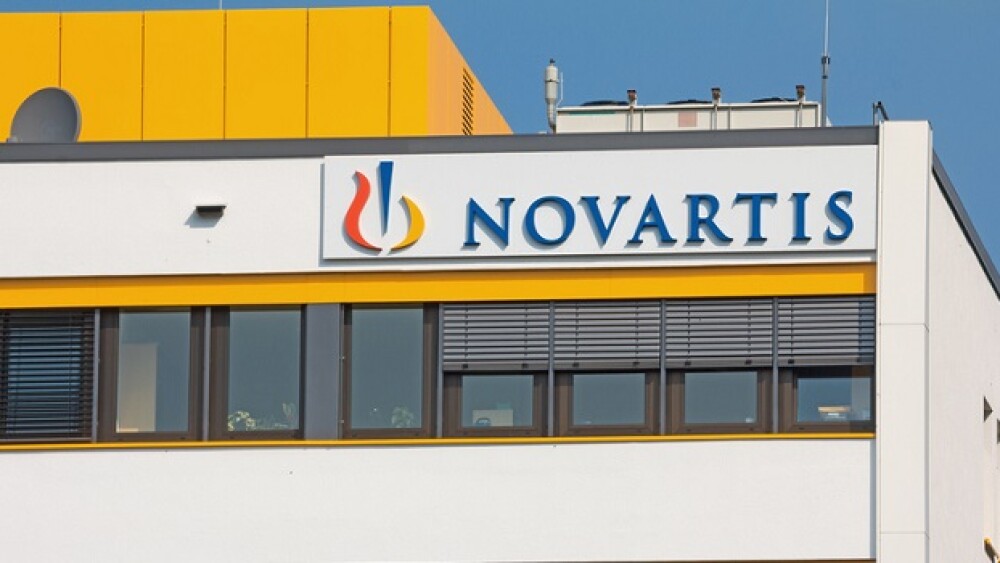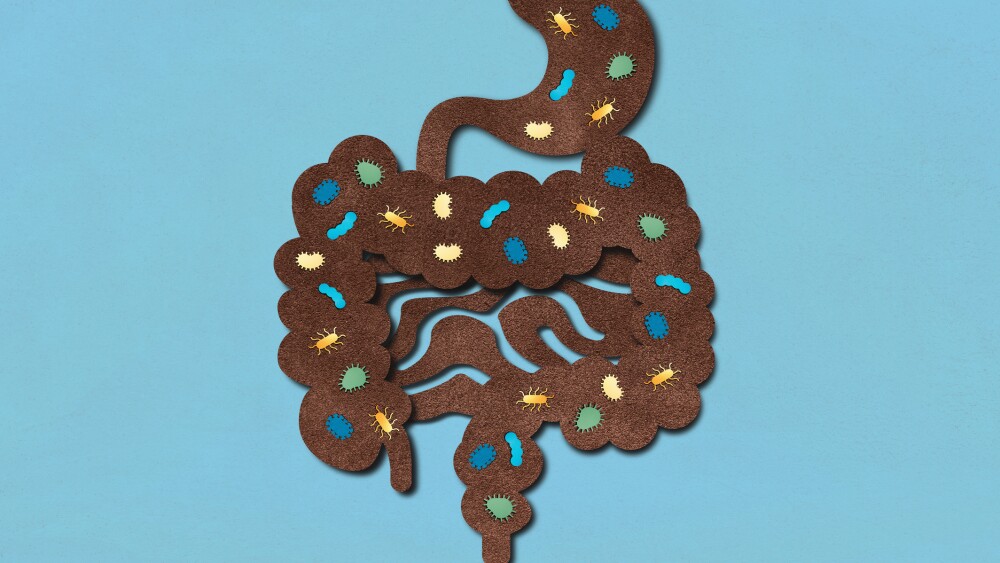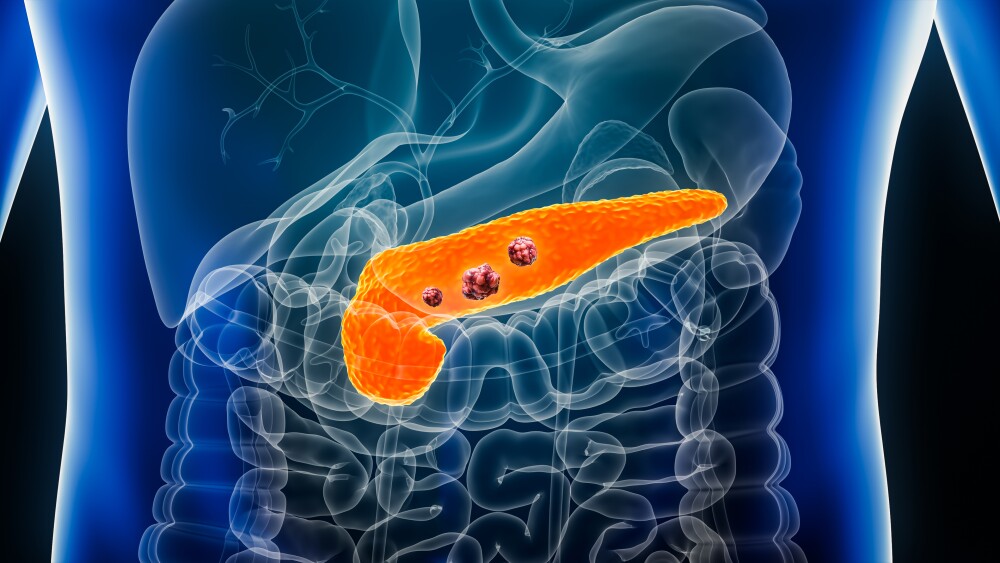Abstracts demonstrate reversal of resistance to PD1 checkpoint blockade and predictive AI model of HCC survival rate
SARASOTA, Fla. and MIAMI, Oct. 31, 2024 (GLOBE NEWSWIRE) -- NAYA Biosciences (“NAYA”) (NASDAQ: NAYA), a life science portfolio company dedicated to bringing breakthrough treatments to patients in oncology, autoimmune diseases, and fertility, today announced that it is presenting novel insights into the mode of action of its GPC3-targeting NK engager bispecific antibody NY-303 to support phase I/IIa clinical trials in H1 2025 as well as into a predictive AI model of HCC survival rate at the 2024 Annual Meeting of the Society for Immunotherapy of Cancer (SITC) taking place November 6-10 in Houston, Texas.
The company will present translational research data demonstrating that NY-303 can reverse resistance to PD-1 checkpoint blockage and turn tumors from a “cold” into a “hot” status, making the tumors susceptible to immunotherapy again.
The second poster presented at the SITC 2024 annual meeting will demonstrate how Graph AI can leverage analysis of the influence of GPC3 gene expression and NK cell tumor infiltration on hepatocellular carcinoma survival rates.
Details on the poster presentations are as follows:
Title: Reversal of resistance to PD-1 checkpoint blockade in Hepatocellular Carcinoma by NY-303, a GPC3 NK cell engager, inhibiting Wnt-GPC3-beta catenin signaling.
Abstract Number: 8098
Session Date: Saturday, Nov. 9, 2024
Presenter: Armin Rath, PhD, NAYA Biosciences
Title: Leveraging Graph AI to analyze the influence of GPC3 Gene expression and NK-Cell tumor infiltration on Hepatocellular Carcinoma survival rates
Abstract Number: 8718
Session Date: Friday, Nov. 8, 2024
Presenter: Abhik Seal, PhD, Lynx Analytics
The initial data from these abstracts will be available on the SITC website starting on November 5th at 9 am EST. Additionally, the posters will be accessible on the NAYA Biosciences website following the live presentation.
About NY-303
NY-303 is a first-in-class therapeutic candidate that leverages the engagement and activation of natural killer (NK) cells using a bispecific antibody targeting both GPC3, an oncofetal protein uniquely expressed on liver cancer cells, and NKp46, a cell surface receptor on natural killer (NK) cells that plays a central role in NK cell activation and the elimination of target cells. The unique mechanism enables NY-303 to turn the tumor form a “cold” into a ‘hot’ stage making liver cancer cells susceptible against immunotherapy to target and destroy cancer cells. This innovative approach is especially promising for patients with liver cancer, such as hepatocellular carcinoma (HCC), who face limited treatment options and poor survival rates but also for other GPC3-expressing tumors like lung squamous cell carcinoma, ovarian cancer, and pediatric cancer.
Currently, liver cancer therapies include surgery, liver transplantation, targeted drugs, and immunotherapies like checkpoint inhibitors, but the prognosis remains grim, especially for advanced-stage disease. With a global five-year survival rate of around 20%, and even lower in more advanced cases, there is a critical need for more effective therapies.
NY-303 represents a new opportunity for liver cancer patients by harnessing the body’s immune system to specifically attack tumor cells and engage NK-cells. Unlike traditional treatments, this therapy is designed to offer potent anti-cancer effects with a potentially safer profile, reducing the side effects often associated with chemotherapy and other conventional treatments and overcoming non-responding tumors against immunotherapies.
For patients with HCC, NY-303 could significantly improve outcomes by offering a more precise, targeted approach to eradicating cancer, which is critical given the high recurrence rates and challenges in treating advanced liver cancer. As part of the next generation of immunotherapies, NY-303 may redefine treatment possibilities and offer renewed hope to those facing this difficult diagnosis.
About HCC
Hepatocellular carcinoma (HCC) is the most common form of primary liver cancer, often developing in individuals with chronic liver conditions like hepatitis B or C, cirrhosis, and Metabolic Dysfunction-Associated SteatoHepatitis (MASH). HCC is a global health challenge, with over 900,000 new cases annually, making it the sixth most common cancer worldwide. The incidence of HCC in the United States has been steadily rising. Survival rates for HCC are often low due to late detection. The five-year survival rate for liver cancer in the United States is around 20%, but this varies widely depending on the stage at diagnosis. For early-stage HCC, where surgical resection or liver transplantation is possible, survival rates can improve dramatically, while advanced stages have far poorer outcomes. Globally, survival rates are similarly low, with wide variation based on healthcare access and screening programs. Recent advances in immunotherapy such as immune checkpoint inhibitors are offering new hope for patients with advanced HCC but new treatment approaches are still critical for improving survival and quality of life for patients.
About NAYA Biosciences
NAYA Biosciences (NASDAQ: NAYA) is a life science portfolio company dedicated to bringing breakthrough treatments to patients in oncology, autoimmune diseases, and fertility. Our hub & spoke model harnesses the shared resources of a parent company and agility of lean strategic franchises, enabling efficient acquisition, development, and partnering of assets and allowing for optimized return on investment by combining scalable, profitable commercial revenues with the upside of innovative clinical-stage therapeutics.
NAYA’s expanding portfolio of assets currently includes NY-303, a GPC3 and NKp46 targeting bispecific antibody for the treatment of hepatocellular carcinoma (HCC) with a unique mode of action targeting non-responders to the current immunotherapy standard of care (approximately 70% of the current treatable market) cleared to enroll patients in a Phase 1/2a monotherapy trial in early 2025, NY-338, a CD38 and NKp46 targeting bispecific antibody for the treatment of multiple myeloma and autoimmune diseases with a differentiated safety and efficacy profile, and INVOcell®, an FDA-approved fertility device which has demonstrated comparable success rates to traditional In Vitro Fertilization (IVF).
Safe Harbor Statement
This release includes forward-looking statements within the meaning of Section 27A of the Securities Act of 1933, as amended, and Section 21E of the Securities Exchange Act of 1934, as amended. The Company invokes the protections of the Private Securities Litigation Reform Act of 1995. All statements regarding our expected future financial position, results of operations, cash flows, financing plans, business strategies, products and services, competitive positions, growth opportunities, plans and objectives of management for future operations, as well as statements that include words such as “anticipate,” “if,” “believe,” “plan,” “estimate,” “expect,” “intend,” “may,” “could,” “should,” “will,” and other similar expressions are forward-looking statements. All forward-looking statements involve risks, uncertainties, and contingencies, many of which are beyond our control, which may cause actual results, performance, or achievements to differ materially from anticipated results, performance, or achievements. Factors that may cause actual results to differ materially from those in the forward-looking statements include those set forth in our filings at www.sec.gov. We are under no obligation to (and expressly disclaim any such obligation to) update or alter our forward-looking statements, whether as a result of new information, future events or otherwise.
NAYA Investor & Media Contact
Anna Baran-Djokovic
SVP, Investor Relations
+1-305-615-9162
anna@nayabiosciences.com





